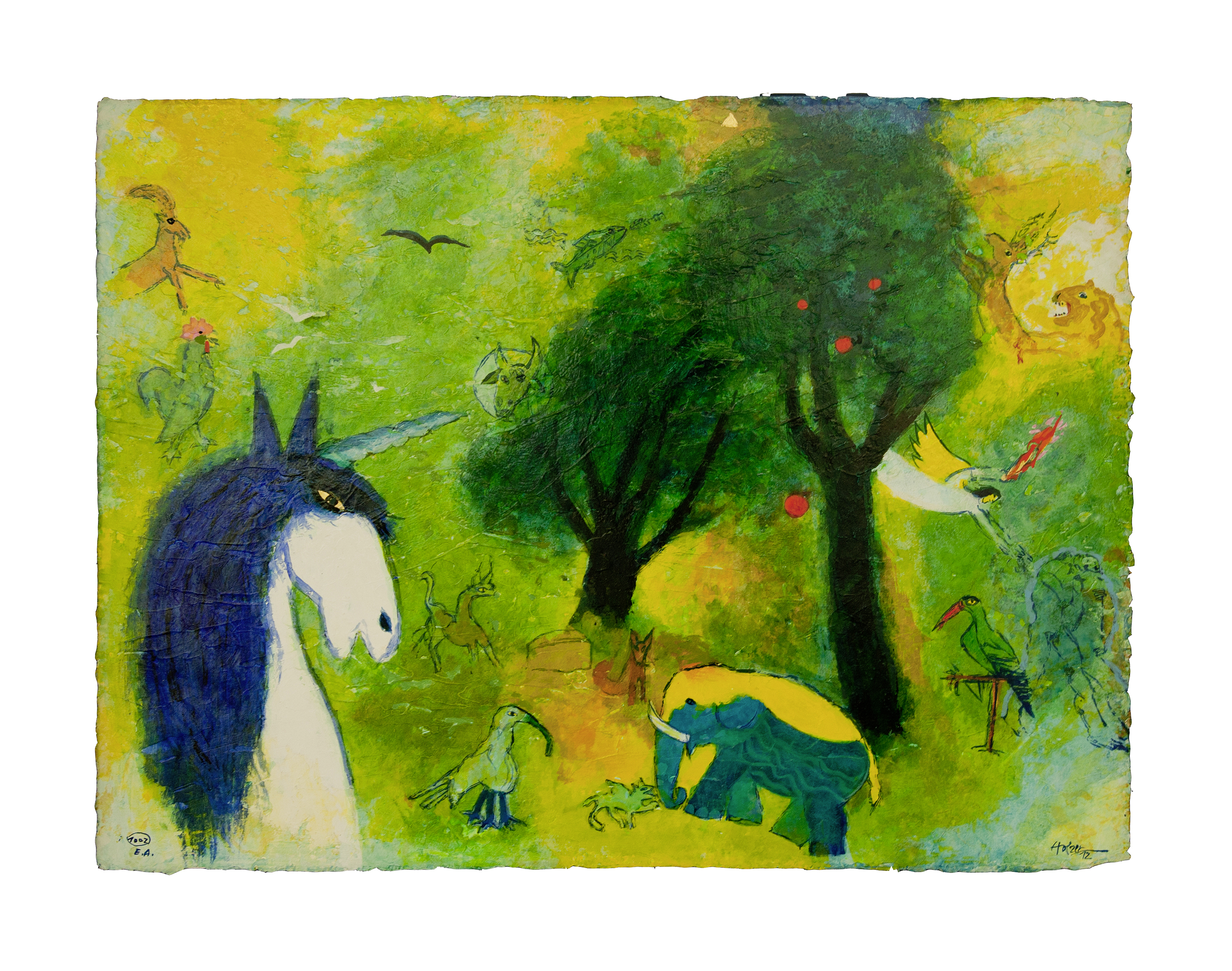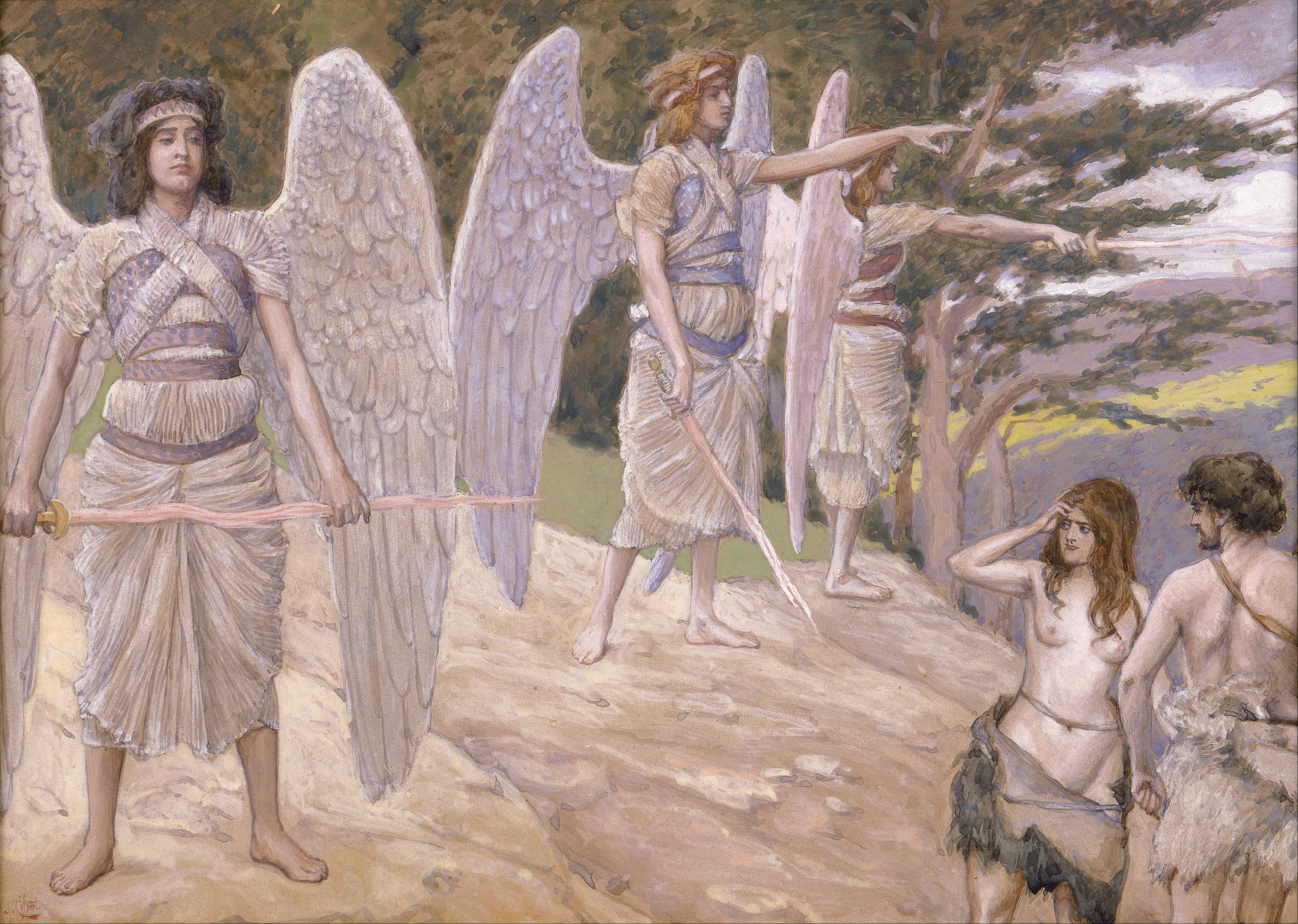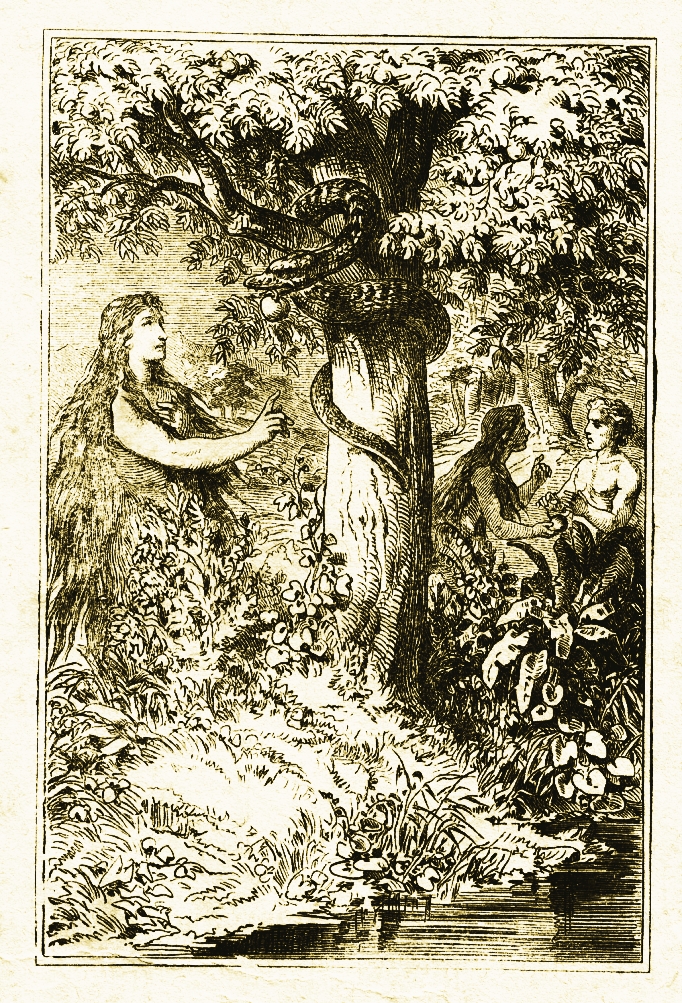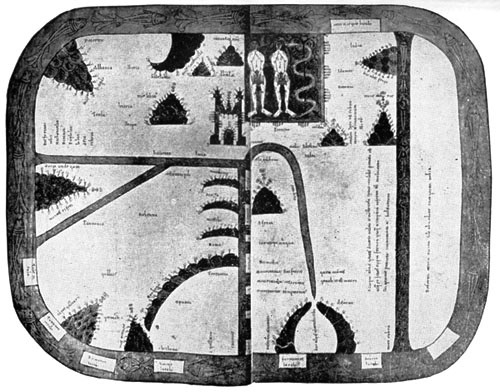Eden in the Bible
Enlarge text Shrink textIn Abrahamic religions, the Garden of Eden (Biblical Hebrew: גַּן־עֵדֶן, romanized: gan-ʿĒḏen; Greek: Εδέμ; Latin: Paradisus) or Garden of God (גַּן־יְהֹוֶה, gan-YHWH and גַן־אֱלֹהִים, gan-Elohim), also called the Terrestrial Paradise, is the biblical paradise described in Genesis 2–3 and Ezekiel 28 and 31. The location of Eden is described in the Book of Genesis as the source of four tributaries. Various suggestions have been made for its location: at the head of the Persian Gulf, in southern Mesopotamia where the Tigris and Euphrates rivers run into the sea; in Armenia, and even in Jackson County, Missouri. Others theorize that Eden was the entire Fertile Crescent or a region of "considerable size" in Mesopotamia, where its native inhabitants still exist in cities such as Telassar. Like the Genesis flood narrative, the Genesis creation narrative and the account of the Tower of Babel, the story of Eden echoes the Mesopotamian myth of a king, as a primordial man, who is placed in a divine garden to guard the tree of life. Scholars note that the Eden narrative shows parallels with aspects of Solomon's Temple and Jerusalem, attesting to its nature as a sacred place. Mentions of Eden are also made in the Bible elsewhere in Genesis, in Isaiah 51:3, Ezekiel 36:35, and Joel 2:3; Zechariah 14 and Ezekiel 47 use paradisical imagery without naming Eden. The name derives from the Akkadian edinnu, from a Sumerian word edin meaning 'plain' or 'steppe', closely related to an Aramaic root word meaning 'fruitful, well-watered'. Another interpretation associates the name with a Hebrew word for 'pleasure'; thus the Vulgate reads paradisum voluptatis in Genesis 2:8, and the Douay–Rheims Bible, following, has the wording "And the Lord God had planted a paradise of pleasure".
Read more on Wikipedia >
 Topic
Topic


.jpg)











